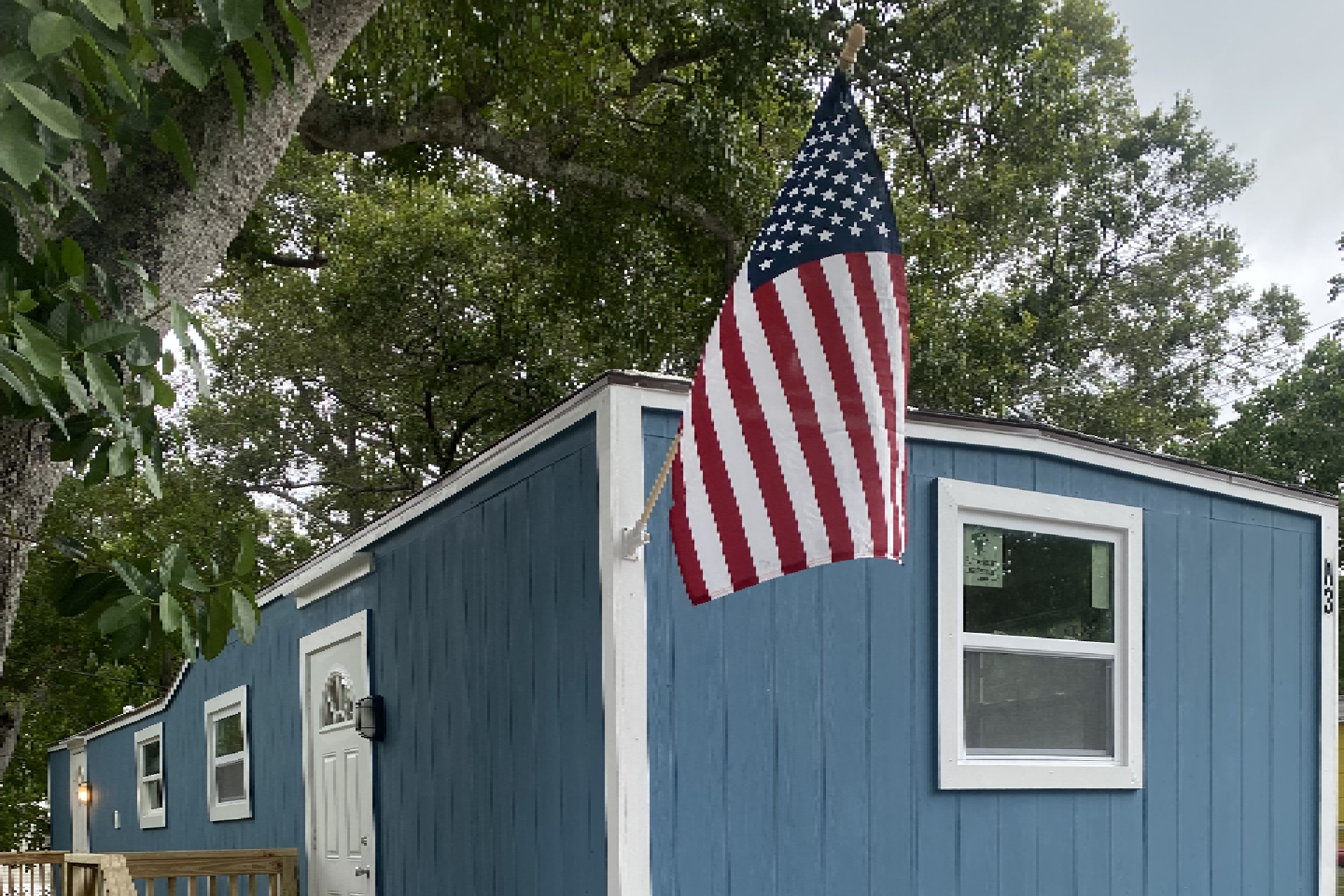
Tell us a bit about the product or solution you offer.
We produce energy efficient tangible properties that improve reliability, it costs less for the owners to live in, and reduce the electrical grids work volume with a distributed energy resource strategy.
The value proposition is created by offering products in a way where tangible properties aren’t being treated as real property. Non-legally speaking, by operating as a commercial construction company scaled down appropriately, value is maximized along with quality. This offers higher quality properties than are offered on average. Generally we accomplish this with crucial steps such as, pre-assessment walkthrough, briefings, an engineering approach, scheduling logistically, staffing expertise exceeding the needs, closing/overlapping deals, and with a business to business foundation. This provides the pinnacle of delight a buyer can experience with a selling price that’s reasonable.
Our tangible properties are produced with corporate practices in mind improving tangible properties into hybrid homes. We accomplished this by differentiating ourselves through improving the practical features of a tangible property with standards normally found in houses. These may include energy efficient windows, insulation density, washer and dryer placement inside, stylized recess lighting, conveniently raised electrical outlets, or wider doors as a few examples.
Share a green success story with us – how have you helped customers or other businesses in the fight against climate change?
At Buxton Farms, we are working closely with the United States Department of Agriculture, Oregon State University’s Extensions Services program, the Oregon Agricultural Trust, and the Oregon Hazelnut Collective. This is teaching us the best practical application of conservative methodologies. The production of hazelnuts, at Buxton Farms, has taught me about social responsibilities in business through the application of law, financing, and how we are globally making impacts locally.
Tikukur benefits from this by strategically planning projects with this in mind with me as the managing partner. Our first project we completed successfully improved the tangible property a couple is living together in. Energy efficiency economically improves the financial efficacy of those living in our projects while saving the Tampa and St. Petersburg metropolitan region money. With a scaled down commercial construction mindset in place we can be cost effective and reliable contributing to our nations economy of scale. Our strategy allows us to include unique amenities like intelligent solutions to power management such as solar panels. The grid draws less energy because of how we improve the projects in this manner. The simple fact is a substantial volume of mobile homes are standing far too long dilapidating into poor conditions.
Construction projects considered affordable housing, that are not apartment buildings, is the market space Tikukur operates in. Government agendas focused on mass housing lacks the capability to effect change in this sector of the market. Small businesses improving communities with the mindset of scaled down commercial economies through tangible properties will improve sustainability financially and environmentally.
What would you do with $1 billion dollars?
Tikukur will be making a capital donation and sponsorship with or without a $1 billion dollars.
Remarkable Reasons, a 501c(3) charity, will receive a refurbished house comprehensively inclusive of Tikukur’s strategy. It will be donate to the organization. All taxes and maintenance will be paid and managed by Tikukur. The rent from the house will be a revenue stream to help Remarkable Reasons. Jobs that are created in this manner will allow Tikukur to provide as a charitable resource alongside making sustainability in the community a product of our project through mobile homes. Having $1 billion dollars will benefit the mobile home park communities by uplifting the standards of living, provide jobs to those seeking them legally as citizens of the United States, and give kids a chance to beat their diseases and disabilities.
What do you envision your industry looking like in ten years?
I envision the industry looking like Indonesia will in ten years. Economically the GDP will improve along with the quality of the communities the people live in. Indonesia has existed decades as a 3rd world developing country recently rising against this title. It is burgeoning and where poverty exists, it is improving. The housing industry will improve substantially with small businesses thinking globally and acting locally.
Tikikur strategically plans and executes tangible projects with environmental and economic sustainability in mind.
Tikikur takes projects from this:
To this: